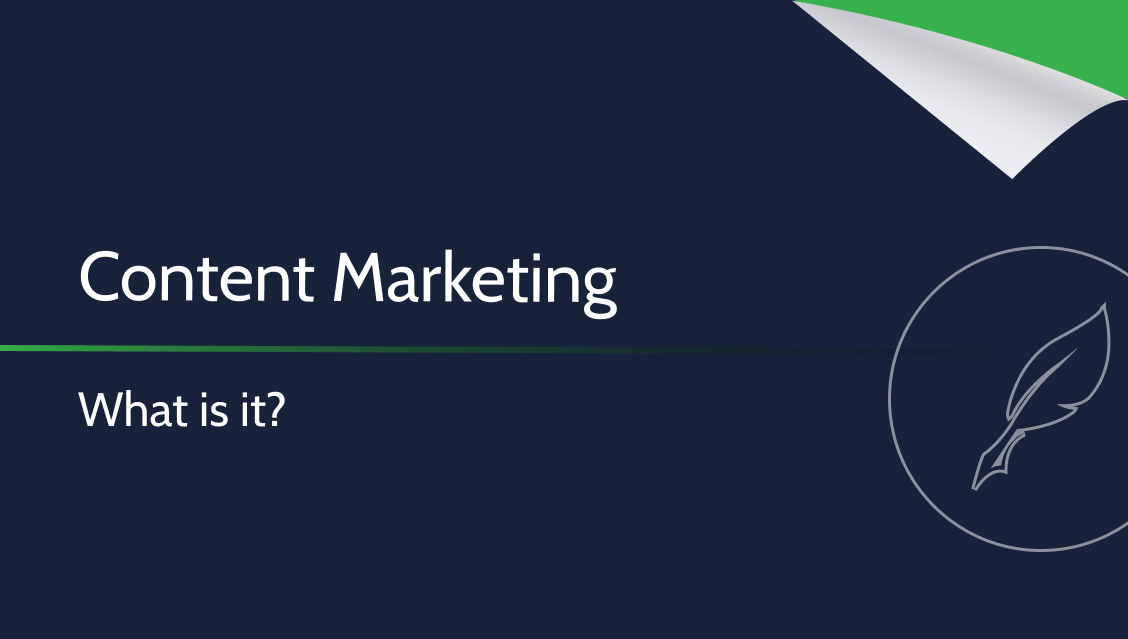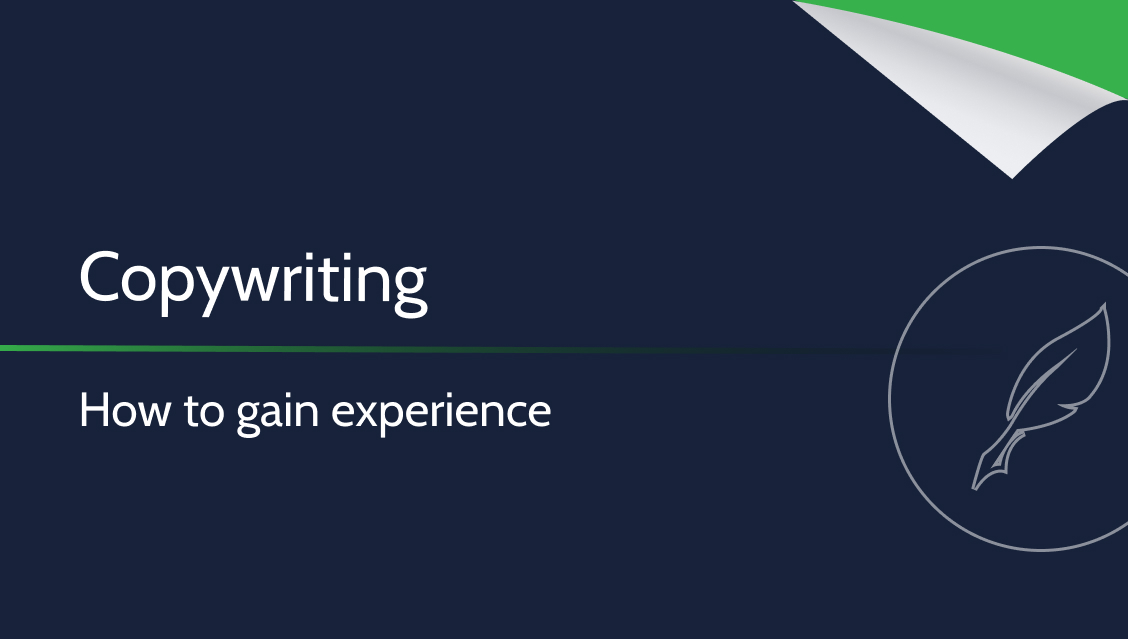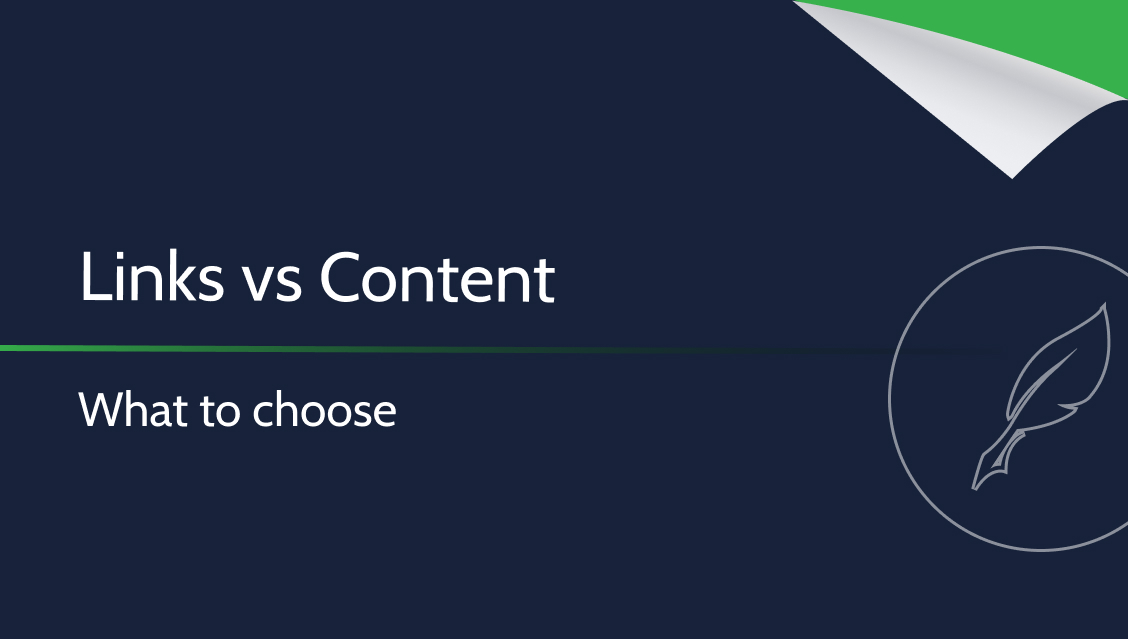B2B vs B2C copywriting – what is the difference when creating the content?

Are you wondering what are the differences between formulating advertising messages for companies and creating them for ordinary people? Read the following article and learn how to precisely target your audience with content. Here comes the differences between B2B and B2C copywriting, put simply and in a nutshell!
B2B or B2C copywriting – definitions
Firstly, let’s explain the concepts that we will be using.
B2C (i.e. business to customer) defines a business relationship. In which one side is the company (business) and the other one is the real client (customer).
- A dietitian that set his own company and arranges diets for ordinary consumers;
- A hairdresser whose clients are also private parties;
- Huge markets where products are purchased by retail customers;
- Furniture stores;
- Shoemaker.
And so on and so forth. Remember that in case of B2C, the customer is always a private party which makes the group of recipient large, but undefined.
B2B (i.e. business to business) defines a business relationship in which both parties are economic entities.
In other words, a company offers products or services to another company.
- Copywriter who creates professional content for companies;
- A programmer that creates websites or systems which optimize the organization of enterprises;
- SEO agencies that position other companies websites;
- Google displaying advertisements of the principals.
Importantly, the abbreviations mentioned above only describe zero-one relations, which in fact can be called “mixed”. For example, a furniture store can sell furniture both to retail customers and company that need to equip their offices, etc.
What about copywriting?
It is already clear that every company has a specific group of recipients to whom the messages are addressed. Of course, it is necessary to adapt the creation of content to this. It can be divided in the two parts:
- B2C copywriting – the recipients are private parties.
- B2B copywriting – companies are the target audience.
However, this is not the only determinant that should be taken into account.Individual copywriting focus on:
- The company image (which determines the degree of formality of the relationship between the company and customers)
- Type of content (along with its placement)
- Activities of the competition (that are an indication of the way of formulating effective texts)
- The specifics of the offer (whether the existing needs are met or do we need to create them)
B2B vs B2C copywriting
We will stick to the basic difference – that is, the target group.
In case of B2C copywriting, the content must be general.
Customers are characterized by different age and educational degree, and the products are cheaper and more often associated with the consumption rather than with investment.
For this reason, a simple language and attractive and eye-catching content are desired. Relate to emotions rather than their minds and education. Promotions that put time pressure on recipients, as well as CTA work quite well. The target effect is to influence the imagination of the recipient and encourage people to purchase or make a transaction.
The course of actions is changing dramatically if we move to B2B copywriting, where emotions do not play a fundamental role in making a purchase decisions. Entrepreneurs or marketing departments make transactions on the basis of cold calculation, substantive arguments, return on investment, as well as all pros and cons.
That is why you should avoid phrases such as “Top quality! Do not wait, buy it now” as they do not carry any information, value or quality. Instead, use numbers, statistics and justifications. If possible, present your portfolio or examples of how the proposed solution contributed to solving problems of other companies. You can use more professional nomenclature but within reason – a lot depends on the stage of the sales funnel (the recipients and their number).
Summary
- The business relationship is only one of the elements that influence the development of individual, effective content by a copywriter.
- We still hope that after reading this article you know basis on which the content should be created.
- Copywriting accumulates many dependencies, which means that there is no one ready recipe for success. This it also the price we pay for inexhaustible creativity and uniqueness in marketing.
















Leave a Reply